Considering that the majority of South and South East Asian countries are quite conservative when it comes to the presentation of eroticism on cinema (even more so regarding nudity), the number of films that have sensualism as their key element is not exactly huge, at least when compared to European cinema for example. However, Japan and S. Korea do produce a number of this type of movies, even within their censhorship laws, while a number of other countries also have their entries in the category. Also of note is a recent trend that has begun within the Japanese movie industry, of presenting erotic films that try to cater to the aesthetics of both men and women, while abiding by the MeToo rules, with the result being interesting as much as ambitious.
In this list, we tried to focus on titles where the erotic is one of the key elements, while trying to stay away from exploitation or soft-porn (S. Korean cinema is filled with these btw) for the most part, instead focusing on “regular” movies that simply include this aspect, in order to titillate. Evidently, we could definitely include more titles from Japan (and S. Korea to a point) but we chose to keep the list as diverse as possible. Without further ado, here are 25 Asian movies that justify this last term.
1. Manila by Night (Ishmael Bernal, 1980, Philippines)

The story is rather complicated as it revolves around a plethora of characters: Alex is a schoolboy that also happens to be a folk singer, but at the same time he is a homosexual and drug addict, with his constant wasting of money frequently aggravating his mother, Virgie, who tries her best to “save” her son but frequently fails. Bea is a blind girl that works in a massage parlour, while her best friend is a drug addict lesbian, Kano. Eventually, they meet Baby, a young girl from the area who is in love with Pebrero, a scumbag taxi driver that tricks her into sleeping with him, eventually leaving her pregnant, despite the fact that he already has two children. Adelina, his regular partner, works as a prostitute to support him, but is always disguised as a nurse to hide the fact, while she is constantly on the hunt for the “white whales”, which in this case, are Japanese businessmen. Manay, a couturier, is in love with Alex, despite the fact that he also keeps a circle of other lovers. Bea is waiting for her boyfriend, Greg who has gone to Saudi Arabia to work, but his return causes even more problems. As time passes, Alex gets more and more away from his girlfriend Vanessa, and his family, indulging into the world of drugs and homosexuality, with Manay as his guide.
One of the things that is quite impressive regarding the Filipino cinema of the 70s and 80s, is how directors like Ishmael Bernal and Lino Brocka for example, manage to present movies that could be easily characterized as exploitation, while making quite pointed and realistic social comments about the country, essentially coming up with movies that are both quite entertaining and contextually rich. “Manila by Night” is a testament to the fact, as it could easily be described as an erotic movie, with the sex scenes appearing quite frequently and the violence being almost always present, starting with the scene in the club in the beginning of the movie and continuing throughout. At the same time, the extensive use of music, with the score including folk, jazz, funk and rock sounds, the many scenes in clubs and bars where people are dancing, and the ironic sense of humor mostly deriving from the hysterics of mother Virgie (in a great performance by Chanto Solis), and the attitude of a series of middle aged women towards sex, point towards a film that aims to entertain. (Panos Kotzathanasis)
2. Mulberry (Lee Doo-yong, 1985, S. Korea)
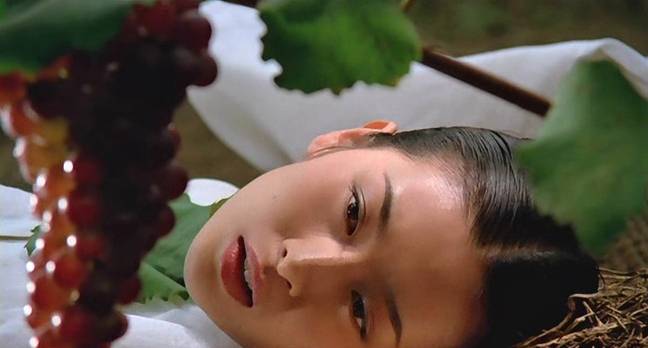
The story takes place in the mid-20s, during the Japanese occupation, in a village in the mountains named Yong-dam, and revolves around An-hyeop, one of the inhabitants, a woman of extreme beauty. Her life, however, is not content at all, since her husband, Sam-bo, is a traveling gambler who returns home for short periods after months away, leaving his wife to survive by herself. An-hyeop helps in the rice fields and picks mulberry leaves for her landlady, who raises silk-worms. Since the money are not enough though, she also sleeps with any man is able to bring her food or any other goods, which includes almost every male in the village, and even ones from the nearby ones, with the dates being set by her landlady. The women in the village are very frustrated by the fact, but since the majority of the men have slept with her, they cannot make her leave. The only man An-hyeop refuses to have sex with is Sam-dol, the village servant, a very strong but almost half-wit man, who grows more and more frustrated by her denials. His actions and the fact that An-hyeop eventually goes too far with her actions, have some very dramatic consequences.
The main point of interest, though, is An-hyeop, and it is through her character that Lee Doo-yong presents most of his social comments, regarding the place of woman in the then society (which becomes even more pointy when her actual story is revealed) but also human nature. Her metaphorical comparison with the mulberry worms is quite evident, as she offers sex for food, expecting the latter to be provided by others, just as the worms expect others to bring them the leaves to eat in order to produce silk. Her true character remains an enigma, as occasionally she seems to enjoy the sex, while her promiscuous nature is more than palpable. The fact that, as her landlady utters in one scene, she will do anything for money, is also obvious, but at the same time, she is one of the most hard-working individuals in the village and remains faithful to her husband, although she could have easily abandoned him. The fact that she is also petty and even vengeful (not towards him though, where she is the exact opposite) highlights her country-bumpkin nature, but is also what brings her demise, eventually. Lastly, through her, Lee Doo-yong presents the fact of how weak men are in front of female beauty, with her interaction with the elder being the most direct sample.

3. A Good Lawyer's Wife (Im Sang-soo, 2003, S. Korea)

Lawyer Joo is married to the former ballet dancer/current instructor Ho-jeong. The two of them have adopted a son, but their marriage is in crisis, and they have started drifting apart. Furthermore, they are not able to satisfy each other sexually, and that has led Joo into having a mistress, and Ho-jeong into being flattered by the peeping of a teenager, who lives across their apartment. Joo's father has a terminal liver failure and that puts another burden on the family. Lastly, things become even worse when Joo hits a drunken motorcycle driver, who has no health insurance, while driving around with his girlfriend.
Im Sang-soo directs a film much like the Japanese indie ones, in terms of pace and general aesthetics. However, the movie is quite provocative and explicit, due to a number of graphic sex scenes, a few very bloody ones, and the shocking finale, which induces the picture with a distinct dramatic essence. Sex and alcoholism, and the way they shape human relationships are the main points he focuses on, but his analysis is not thorough at all. This occurs mainly because he decides to tackle a number of other issues, including the North-South Korean one, the relationships between parents and children, some social issues, and finally, revenge. This tactic though, eventually makes the film seem disconnected and without a clear purpose, as it functions more like a collage of the director's ideas than an actual movie. Some comic moments, that mainly include the son's behavior, provide a nice distraction, though.
Buy This Title
on Amazon by clicking on the image below
4. Dumplings (Fruit Chan, 2004, Hong Kong)
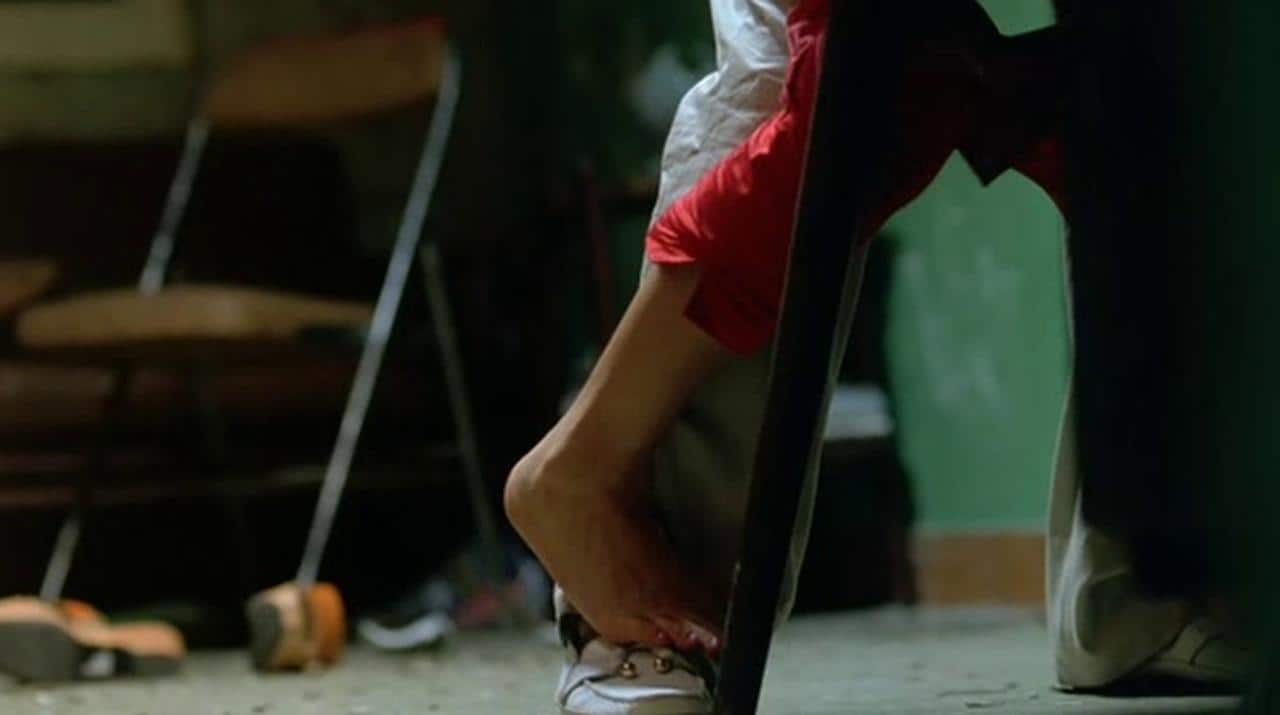
There in Hong Kong it's said, Aunt Mei makes the most delicious dumplings. Her recipe a mystery, its efficacy an established fact, and its results a cause widely sought after. Eternal youth and beauty so long as money is put into Aunt Mei's hands. A handsome deal for well-to-do Hongkongers. And so, having lost her wealthy, 50-something husband's affections to a much younger masseuse, a retired actress – Miss Lee – reluctantly ventures into Aunt Mei's residence to have a taste of her dumplings. As ingredients readily in supply yield insignificant changes to her look, Miss Lee presses Aunt Mei for a more efficacious antidote to her aging, losing her grip on reality and moral codes in so doing. Stripped bare of its glorious facade in this tale of loosening morals and carnal desires, Hong Kong unfolds with sordid social ills of the worst kind. Clearly not something the unassuming title of “Dumplings” would prepare viewers for.
The fetus in one of the film's last scenes is immensely beautiful, shining with a pellucid crimson that almost romanticizes the inhuman acts that follow. In another memorable scene, Hong Kong's spiralling staircases are deliberately shot from above, giving the scene a hypnotic effect that sits well with the movie's uncanny plot. Several sex scenes between main characters also simmer with the sensual energies and prescience often found in Doyle's cinematography. Somehow the camera well predict viewers' gaze and is swimmingly shifting to keep the moment tense and arousing, giving viewers' a visceral experience of what is happening on screen. (Amseluu)
Buy This Title
on Amazon by clicking on the image below
5. Lost in Beijing (Li Yu, 2007, China)
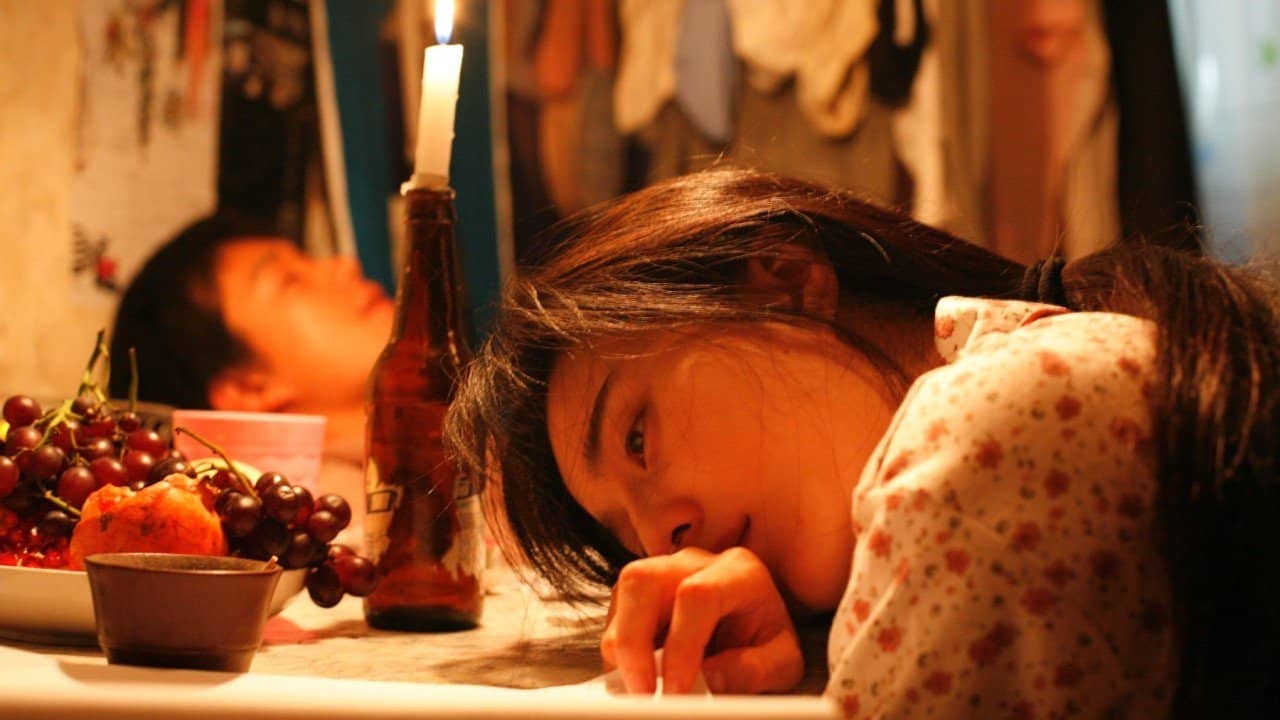
Liu Pingguo and her husband, An Kun, are a young migrant couple from the northeast of China who have moved to Beijing for a better life. However, their reality is anything but idyllic, even if the love they share for each other is quite strong and their sex life satisfying. The problem, as usual, is money, with their income from An Kun's window washing work and Liu Pingguo's foot massages in the Golden Basin Massage Parlor barely allowing them to make a living, while staying in a completely rundown apartment. The second couple of interest are Lin Dong, the owner of the aforementioned establishment, and a rich womanizing man who is married to Wang Mei, a middle-aged woman who practices Chinese medicine and is still rather sexy.
“Lost in Beijing” is a rather strange movie, and also one that is quite difficult to judge its quality. The main reason for this is that although its base is quite realistic, as it presents the difficulties of inner immigration particularly for youths, the chasm between the classes, and the realities of the massage parlors, the individual, central events that make the story, border on the surrealistic, not to mention somewhat offensive. Starting with the whole rape scene, which is as ambiguous as possible, since the girl does resist at some point, but also is the one who initiates the whole thing while giving up in the end in a rather strange way, a sense that is also intensified when her boss tells her she had an orgasm during the whole thing and she does not deny it. Furthermore, that her husband was cleaning the windows at the exact time seems far-fetched, as much as Wang Mei's attitude when An Kun confronts her. The bet they place for the fate of the baby and the mother, the way money becomes a factor, and how both wives agree to the whole thing also seems far fetched, while turning An Kun from a victim to a rather unlikable person, also due to his treatment of the hospital doctor and the way he treats his wife, particularly close to the end. (Panos Kotzathanasis)
Buy This Title
on Amazon by clicking on the image below
6. Lust, Caution (Ang Lee, 2007, USA, China,Taiwan)
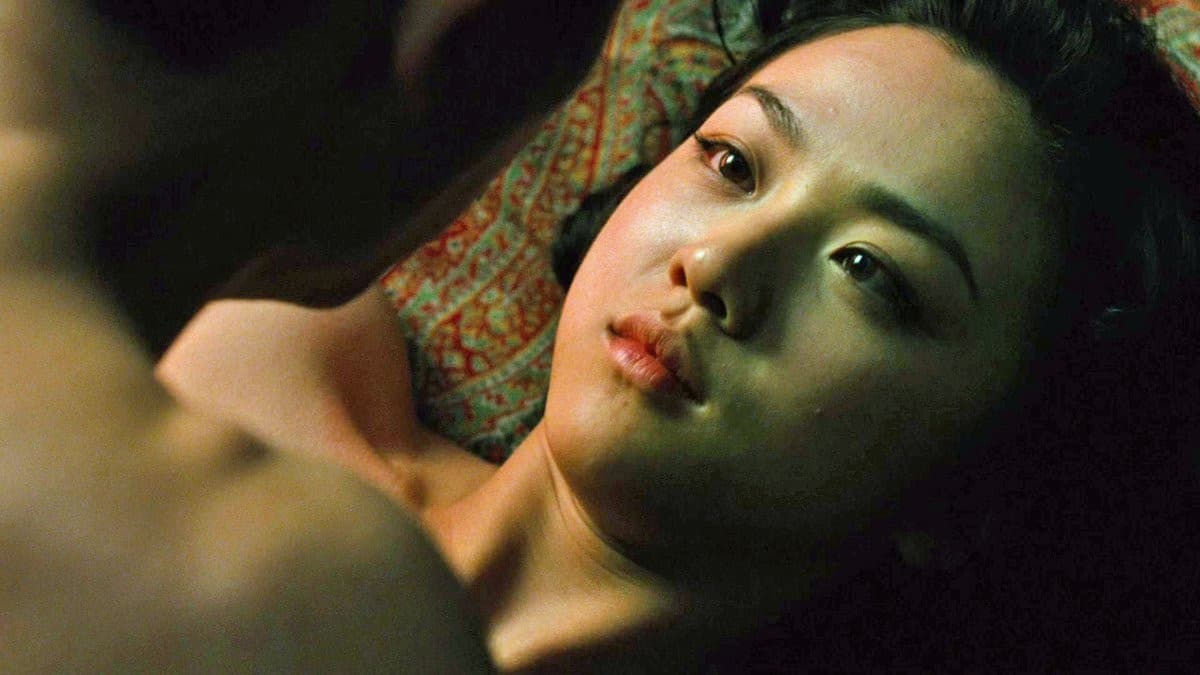
During World War II, a secret agent must seduce then assassinate an official who works for the Japanese puppet government in Shanghai. Her mission becomes clouded when she finds herself falling in love with the man she is assigned to kill.
Lee directs a movie regarding the thin balance between lust and caution; however, lust shutters this balance by obliterating caution. The path that leads to this fact is shot in great finesse and intelligence that keeps the audience in overwhelming doubt without even having to emphasize the agony. This sentiment is chiefly represented by the sublime performance of Tang Wei as Chia Chi, whose enigmatic facade gives no notion of her actual choice, up until the conclusion of the film. (Panos Kotzathanasis)
Buy This Title
on Amazon by clicking on the image below
7. Snakes and Earrings (Yukio Ninagawa, 2008, Japan)
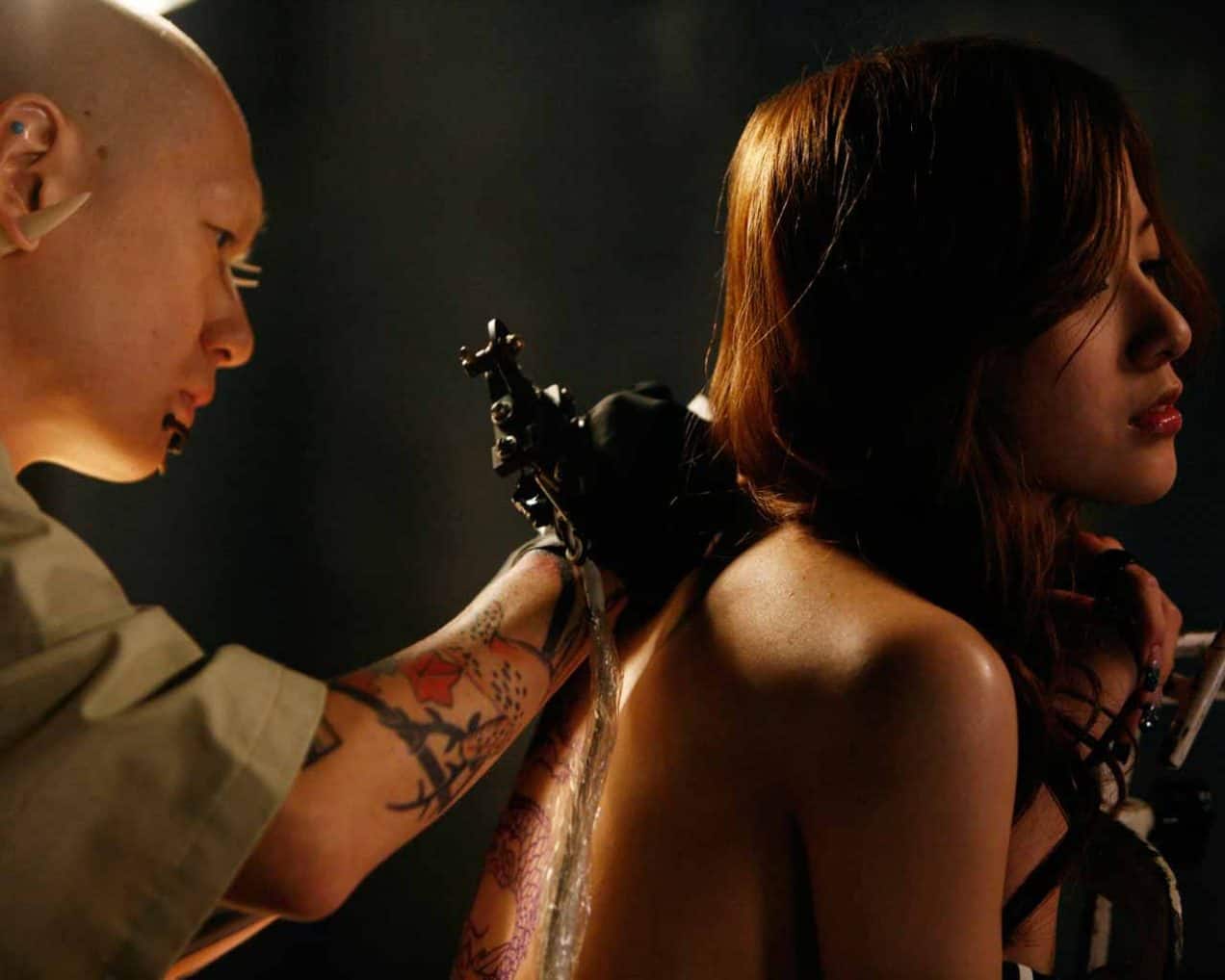
Lui is nineteen years old, beautiful, bored and unmotivated. When she meets Ama in a bar, she finds herself mesmerized by his forked tongue and moves in with him and has her own tongue pierced. Determined to push her boundaries further, she asks Amas friend Shiba to design an exquisite tattoo for her back. But what Shiba demands as payment for the tattoo leads Lui into a brutal and explicit love triangle like no other. Then, after a violent encounter on the backstreets of Tokyo, Ama vanishes and Lui must face up to the reality of her life.
Yukio Ninagawa directs a movie adapting the novel as closely as possible, with the visualization of the characters in particular being excellent. The comments about love and sex and how one can exist without the either, even for long periods of time, is quite interesting, as much as the elements that carries the movie for the majority of its duration. Yuriko Yoshitaka, Arata Iura and an unrecognizable and quite impressive Kengo Kora give great performances.
Buy This Title
on Amazon by clicking on the image below
8. Vegetarian (Lim Woo-seong, 2009, S. Korea)
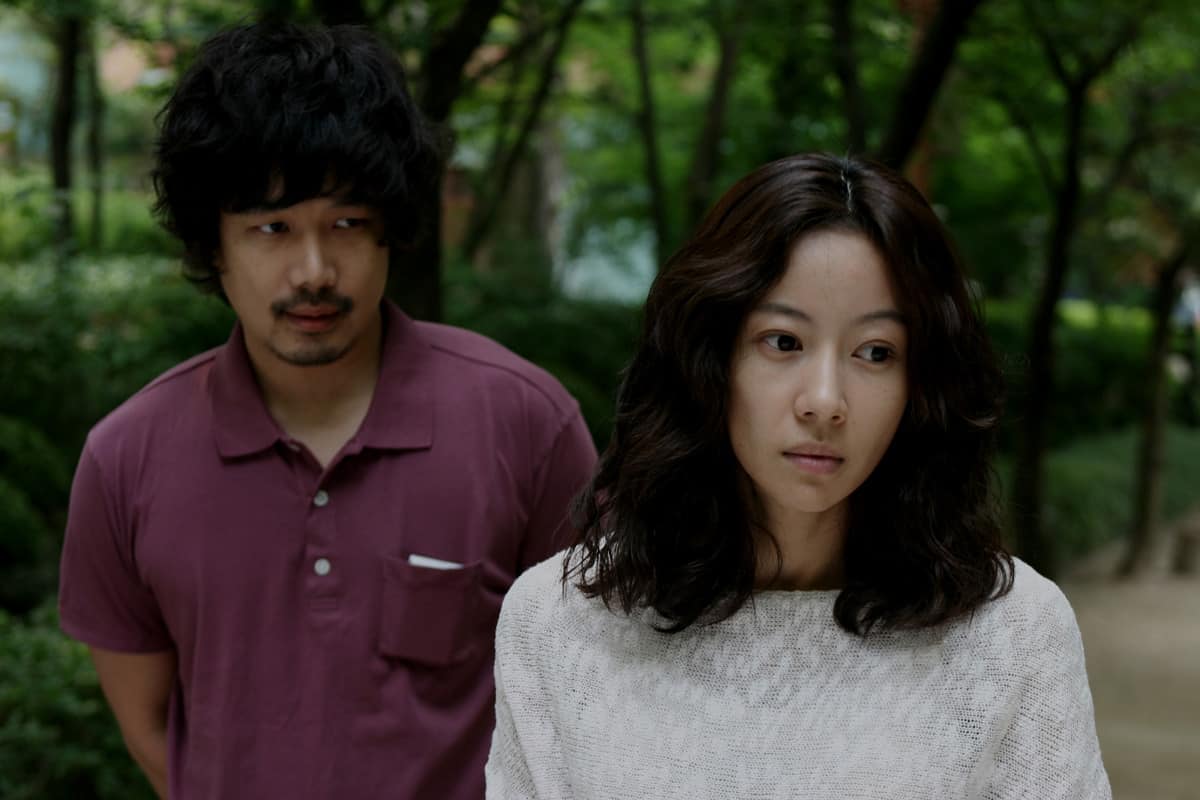
The story follows Yeong-hye, a dutiful Korean wife, who, after watching a dream, decides to become a vegetarian, completely cutting off anything made of meat. This seemingly unwarranted decision breaks her life completely, leaving her husband perplexed and her family worried and enraged. Soon all her relationships start being based on violence, shame and desire and the consequences become dire for everyone. Her sister is the only one who remains by her side no matter what, even asking her husband, video artist Min-ho to keep an eye on her. However, he becomes fascinated with her condition and asks her to pose for him on full body paint, that eventually leads to an erotic journey that seems to combine art with carnal desires.
The way the erotic element comes to the fore in combination with art is among the most impressive aspects of the movie, at least in visual terms, with the painted bodies, the sex scenes, and the resulting videos being excellently portrayed, with DP Kang Chang-bae's work in that regard being truly astonishing. The way he draws from the evident beauty of Yeong-hye's painted/naked body in particular is exceptional, in a series of sequences that are bound to stay on the viewer's mind, both for their artistic sensualism and their overall artistic value. At the same time, these scenes serve a contextual purpose, highlighting the fact that the protagonist is not a “vegetable” herself, but a woman with desires who is not afraid to act on them. Their placement in the movie also works excellently, with Moon In-dae's editing being excellent both in that regard, but also on the overall leisurely pace and the placement of the various flashbacks and flashforwards.
9. Helter Skelter (Mika Ninagawa, 2012, Japan)
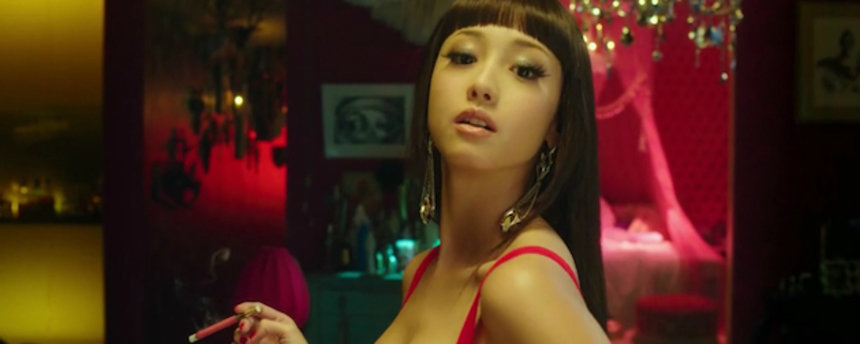
Lilico is the top Japanese female idol: Stunning to perfection, kind, funny and generally, socially unblemished, she is a woman every teenage girl wants to be like and every man wants to conquer. Underneath that flawless facade though, a plethora of secrets and discrepancies is lurking. Lilico is actually an insecure, shallow, malicious and overall sad individual that permanently obeys the commands of her corrupt and emotionless manager, Hiroko Tada and is totally depended upon her assistant, Michiko Hada. The latter actually arranges everything in her daily life, from her schedule to what she is going to eat and truly adores Lilico, no matter how harsh she treats her.
Ninagawa presents the life of Lilico in a parallel with the lives of the geishas of old times, that had to do everything their “Mom”, the proprietor of the house, told them, while having to reach extreme measures in order to look beautiful according to the standards of the era. Hiroko Tada, evidently plays the role of the Mom, in this particular film. Also quite interesting is the relationship between the two leads, Lilico and Michico, with the former treating the latter like she is nothing, while on the opposite axis, the assistant treats the star as if she is everything, up to point reaching the borders of slavery. Lastly, the movie features a number of sex scenes, one thing that is presently missing from most of the recent productions, which appear to avoid them intently.
Buy This Title
on Amazon by clicking on the image below
10. Scarlet Innocence (Yim Pil-sung, 2014, S. Korea)
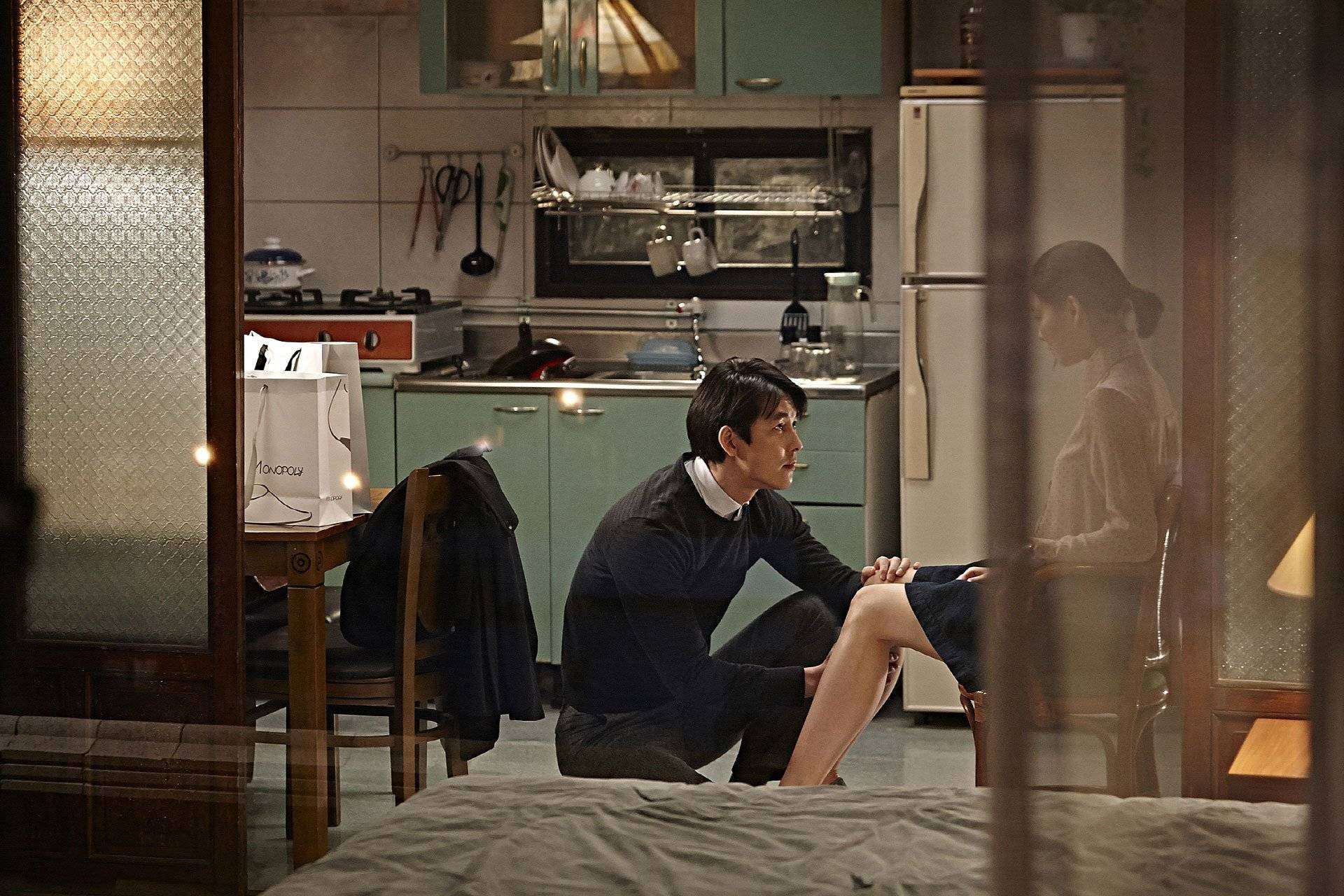
After a sexual harassment case, professor Shim Hak-kyu is forced to leave his depressed wife and daughter Chungee and move to a sleepy countryside village to work teaching literary writing to older-age people, as he awaits the verdict of the investigation of his employers. Here, he meets young and naive Doekee, who works at the local funfair and cares for her deaf and mute mother and immediately falls for the handsome newcomer. A whirlwind romance ensues, which evolves into obsessive love for Doekee, and tongues in the village start wagging, until the university's investigation absolves Hak-kyu of any wrongdoing and he leaves the town. His efforts to break up with the resolute Doekee end in tragedy for both his and Doekee's family.
Even before the cinematography and the music, the film's biggest asset is its lead pair of actors. Jung Woo-sung consistently pushes out of his comfort zone and “Scarlet Innocence” is yet another example of the same. His Hak-kyu is loveable in his initial interactions with Doekee, but you just know that this is a man who will run to his family and normal life the first chance he gets. As the film progresses, his portrayal of the blind, helpless and desperate man caught between the two women in his life is worth the price of admittance itself. As is the performance by Esom! In her first leading role, she is spellbinding as the village girl whose love turns into obsession. Her naive, loveable performance is matched equally by the psychotic, vengeful act in the latter half. It is a surprise that it took 4 more years for her to get another role where she could really sink her teeth in like she does here with 2018's “Microhabitat”. Both their uninhibited love-making scenes are also praiseworthy. Park So-young as Chungee is sadly underused, due to the material she is offered. (Rhythm Zaveri)


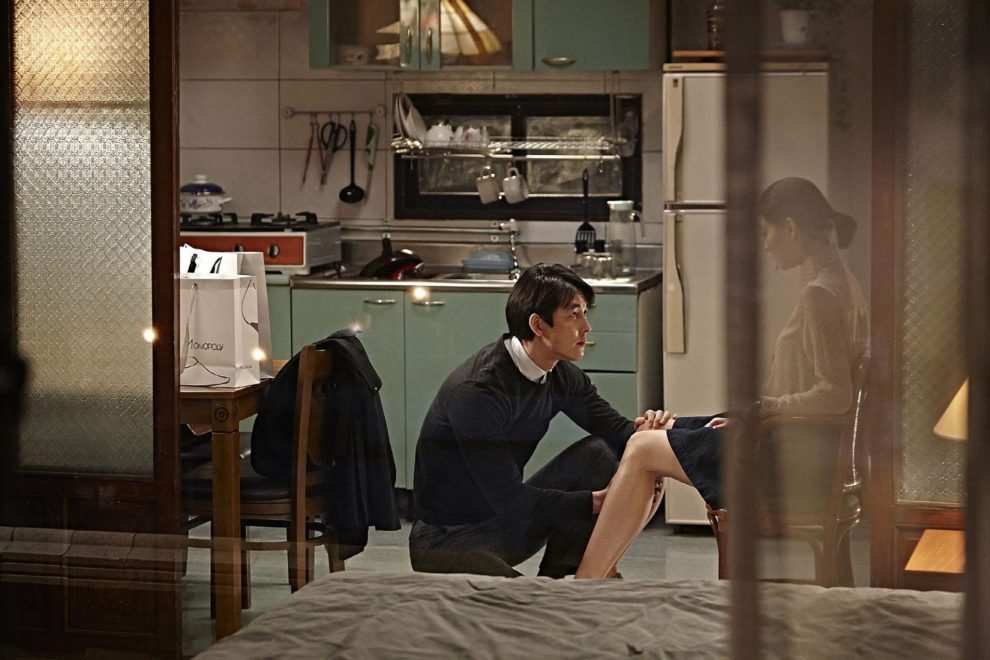
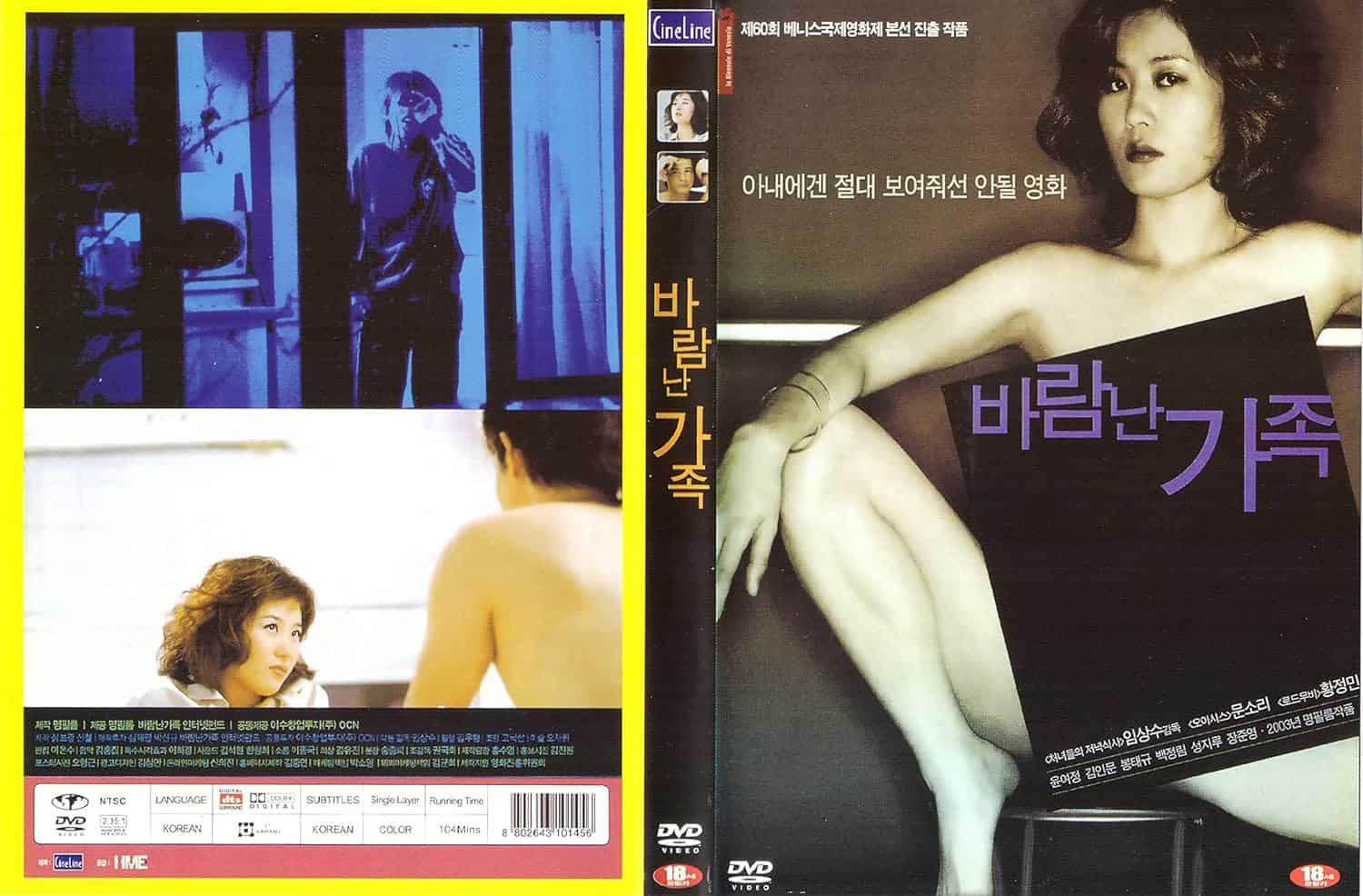
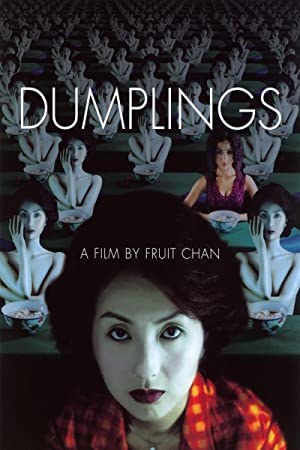
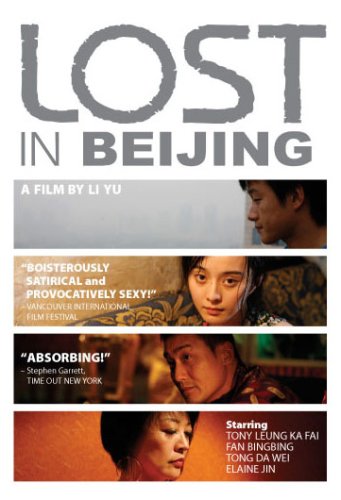








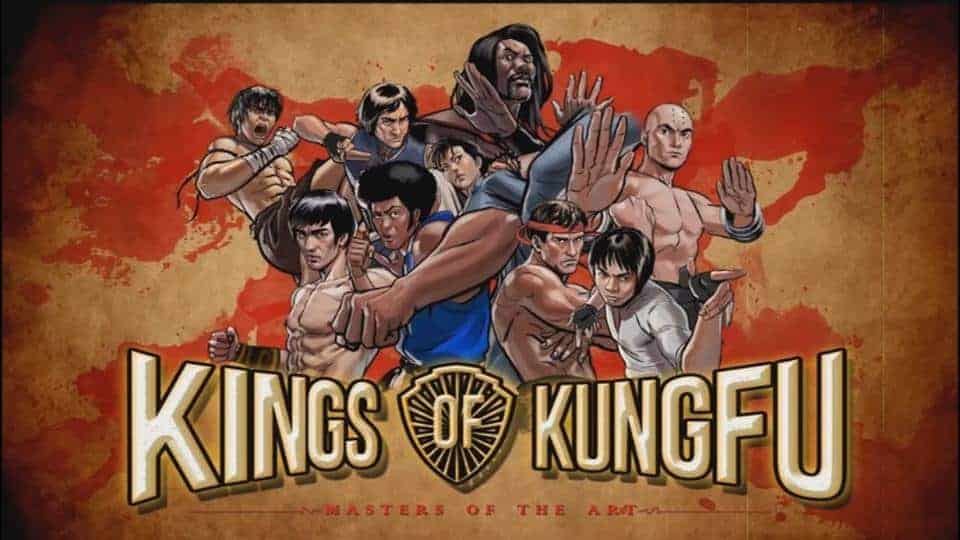







All movies is a good movie